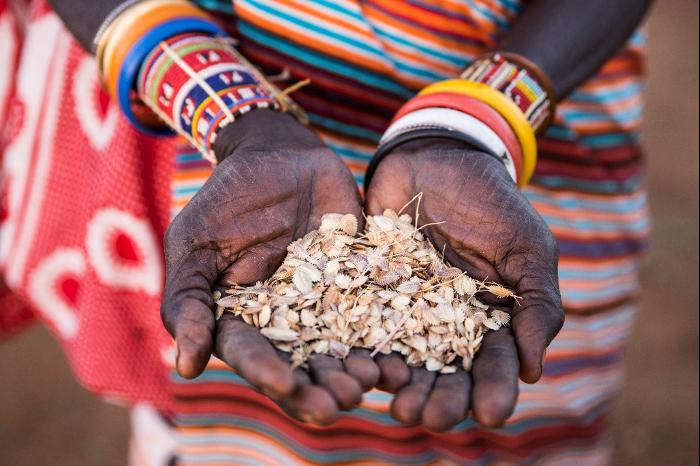The study has been published in the Journal of Ethnobiology

Credit: Joan de la Malla
Five Simon Fraser University scholars are among international scientists sounding an alarm over the “pervasive social and ecological consequences” of the destruction and suppression of the knowledge systems of Indigenous Peoples and local communities.
Their paper, published today in the Journal of Ethnobiology, draws on the knowledge of 30 international Indigenous and non-Indigenous co-authors, and highlights 15 strategic actions to support the efforts of Indigenous Peoples and local communities in sustaining their knowledge systems and ties to lands.
Study co-lead, SFU archaeology professor Dana Lepofsky, says, “We worked hard to find a balance between discussing the threats to Indigenous and local knowledge and highlighting how Indigenous Peoples and local communities are taking action to turn around these threats. Around the world, Indigenous Peoples and local communities are celebrating, protecting, and revitalizing their knowledge systems and practices.
“As scientists, policymakers, and global citizens, we need to support these efforts in our professional activities, in the policies of our governmental agencies, and in our personal choices.”
The authors summarize how the knowledge systems and practices of Indigenous Peoples and local communities play fundamental roles in safeguarding the biological and cultural diversity of our planet. They also document how this knowledge is being lost at alarming rates, with dramatic social and ecological consequences.
“Although Indigenous and local knowledge systems are inherently adaptive and remarkably resilient, their foundations have been and continue to be compromised by colonial settlement, land dispossession, and resource extraction,” says study co-lead Álvaro Fernández-Llamazares, a post-doctoral researcher from the University of Helsinki, Finland. “The ecological and social impacts of these pressures are profound and widespread.”
The paper is part of the “Scientists’ Warning to Humanity” series, which highlights threats to humanity caused by climate change, biodiversity loss and other global changes.
###
Media Contact
Melissa Shaw
[email protected]
Related Journal Article
http://dx.




